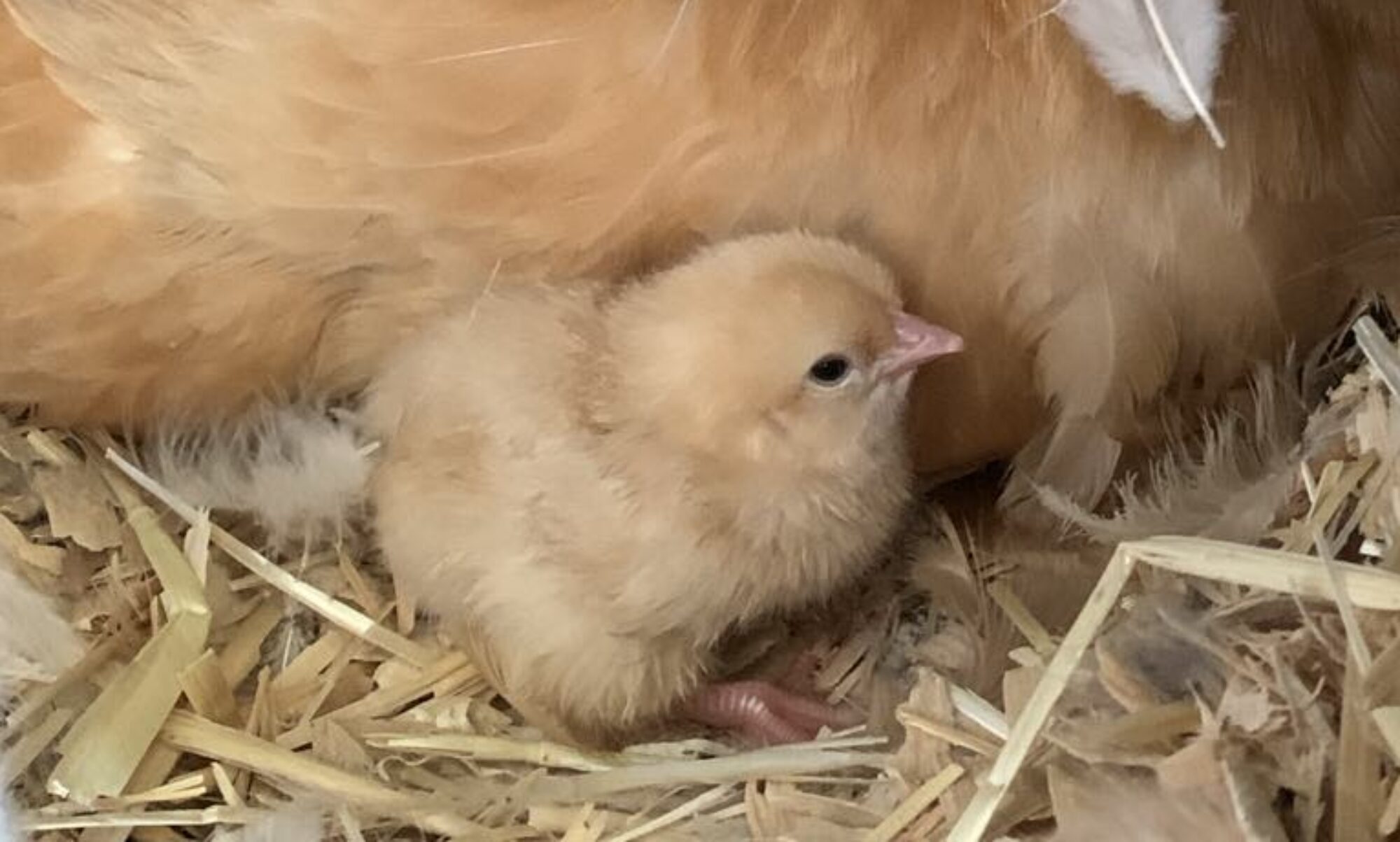Just as herbs have many health benefits for people, they also have health benefits for our animals. I don’t hesitate to give my animals herbs, especially my chickens. I have a couple of herb and flower gardens where I have plants that I know are good for all my critters and that they will enjoy.

During the late spring and through most of fall, I generally feed my animals fresh herbs and flowers. In the winter I feed them dried herbs. To save on money I dry my own, but I don’t wait until fall. I dry my herbs all throughout the growing season to ensure that I have an adequate supply come winter.

With my chickens I use herbs and flowers for three purposes: 1) to ensure the overall health and well being of my flock, 2) to ward of insects (especially mites) and rodents, and 3) for the fragrance. I put herbs in with their daily feed for the health benefits, and I put herbs in their nesting boxes and scatter some on the floor to repel bugs and help the coop smell nicer.
Drying herbs is not difficult or time consuming, and there are a couple of different methods you can choose from. You can hang them upside down in bunches and let them air dry. You can dry them in a dehydrator. You can dry them in the oven on a low heat setting. I have a very easy method for drying herbs. I take a shallow aluminum pan and line it with a couple of layers of paper towels. I put my herb leaves and flower petals on top and set them on the counter to dry.

I try to mix them up at least once a day, if I remember, and within 5 or so days, my herbs are dry and ready to be stored in an airtight container. I usually only harvest one pan’s worth at a time, and over the course of the summer I manage to stash quite a collection.

I do not separate my herbs as a general rule, unless I intend to dry some for cooking purposes. Then I will dry my basil separate from my oregano. If it’s for my chickens, I just combine snippets from all my herb and flower plants and dry them together. Then throughout the winter, I will mix these dried herbs in with their daily feed, and whenever I clean out their nesting boxes, I will add some herbs to deter insects, bugs and rodents.
The herbs and flowers I planted in my gardens this year included:
Basil – this promotes respiratory health, and has antibacterial properties to boost the immune system. It will also help to color the egg yolks a darker yellow.
Lavender – this is a stress reliever and when used in the nesting boxes it promotes calmness.
Marigold – this is an insecticide and can be used to deepen the yellow color of egg yolks.
Mint – the pungent fragrance of this herb acts as an insecticide and rodent repellent. Good to use in nesting boxes.
Nasturtium – this works as a laying stimulant and a dewormer. Both the leaves and flowers can be eaten.
Parsley – this herb is high in vitamins.
Oregano – this helps to strengthen immune systems.
Sage – this is a good antioxidant which helps to promote overall good health, and it is a good source of calcium.

If you don’t already, think about supplementing your animals’ diets with herbs. They’ll be glad you did!
(Editor’s note: Due to technical difficulties, this is a re-upload of a previous post. Thank you for your patience)

